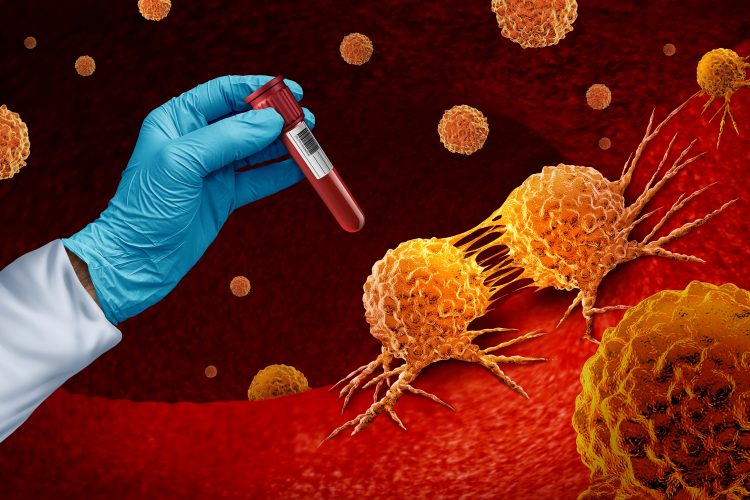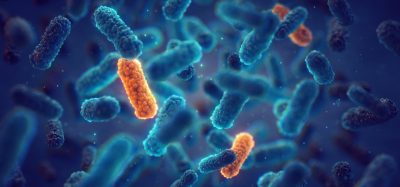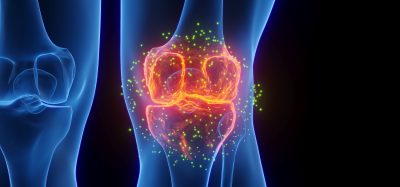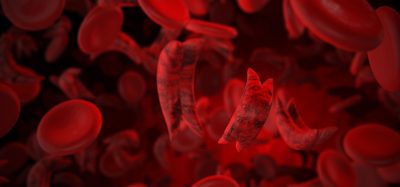Radiotracer targets key cancer biomarker for precision treatment
Posted: 23 December 2024 | Drug Target Review | No comments yet
A breakthrough in molecular imaging could transform how doctors target solid tumours, offering more personalised and effective treatment options.


Trop2 has recently gained attention in the cancer research community due to its significant role in cell self-renewal, proliferation, and organ development. This protein’s expression is often heightened in various solid tumours, making it an ideal target for developing next-generation diagnostic and therapeutic agents.
“Trop2 is an emerging biomarker for developing next-generation diagnostic and therapeutic agents for solid tumors and has the potential to be a game-changer for cancer treatment,” said Dr Weijun Wei, associate research professor in the Department of Nuclear Medicine at Renji Hospital, Shanghai Jiao Tong University. “However, efficiently visualising Trop2 expression and selecting patients who might benefit from Trop2-targeted therapies is a clinical challenge.”
To address this challenge, Wei and his team developed two innovative Trop2-targeted radiotracers: 18F-AlF-RESCA-T4 and 18F-AlF-RESCA-RT4. The team conducted preclinical imaging and blocking studies on tumour-bearing mice to test the safety and efficacy of these new agents. Additionally, a pilot clinical trial involving three patients suspected of having lung cancer was carried out, comparing the performance of the two new radiotracers with a previously developed agent, 68Ga-NOTA-T4.
The results showed that both 18F-AlF-RESCA-T4 and 18F-AlF-RESCA-RT4 exhibited significant tumour uptake, with 18F-AlF-RESCA-RT4 demonstrating notably reduced kidney accumulation. However, the 18F-AlF-RESCA-T4 radiotracer outperformed the others in the head-to-head comparison, demonstrating its ability to visualise Trop2 expression in patients with suspected lung cancer. Importantly, the agent also helped differentiate lung cancer from conditions such as tuberculosis, which can present similar symptoms.
“PET imaging with 18F-AlF-RESCA-T4 will allow physicians to identify patients with Trop2-positive tumours so they can receive Trop2-targeted treatments,” Wei said. “This is the cornerstone of precision medicine: selecting the right treatment for the right patient.”
The research marks a major step forward in the development of precision oncology, where treatments are tailored to individual patients based on their unique genetic and molecular profiles. By enabling doctors to identify Trop2-positive tumours more accurately, 18F-AlF-RESCA-T4 could help guide treatment decisions and improve patient outcomes by targeting therapies more effectively.
Related topics
Biomarkers, Cancer research, Drug Discovery, Imaging, Immuno-oncology, Molecular Biology, Precision Medicine, Targets
Related conditions
Colorectal cancer, Gastric carcinoma, non-small cell lung cancer, Pancreatic cancer, Triple-negative breast cancer, Tuberculosis
Related organisations
Renji Hospital, Shanghai Jiao Tong University
Related people
Dr Weijun Wei








